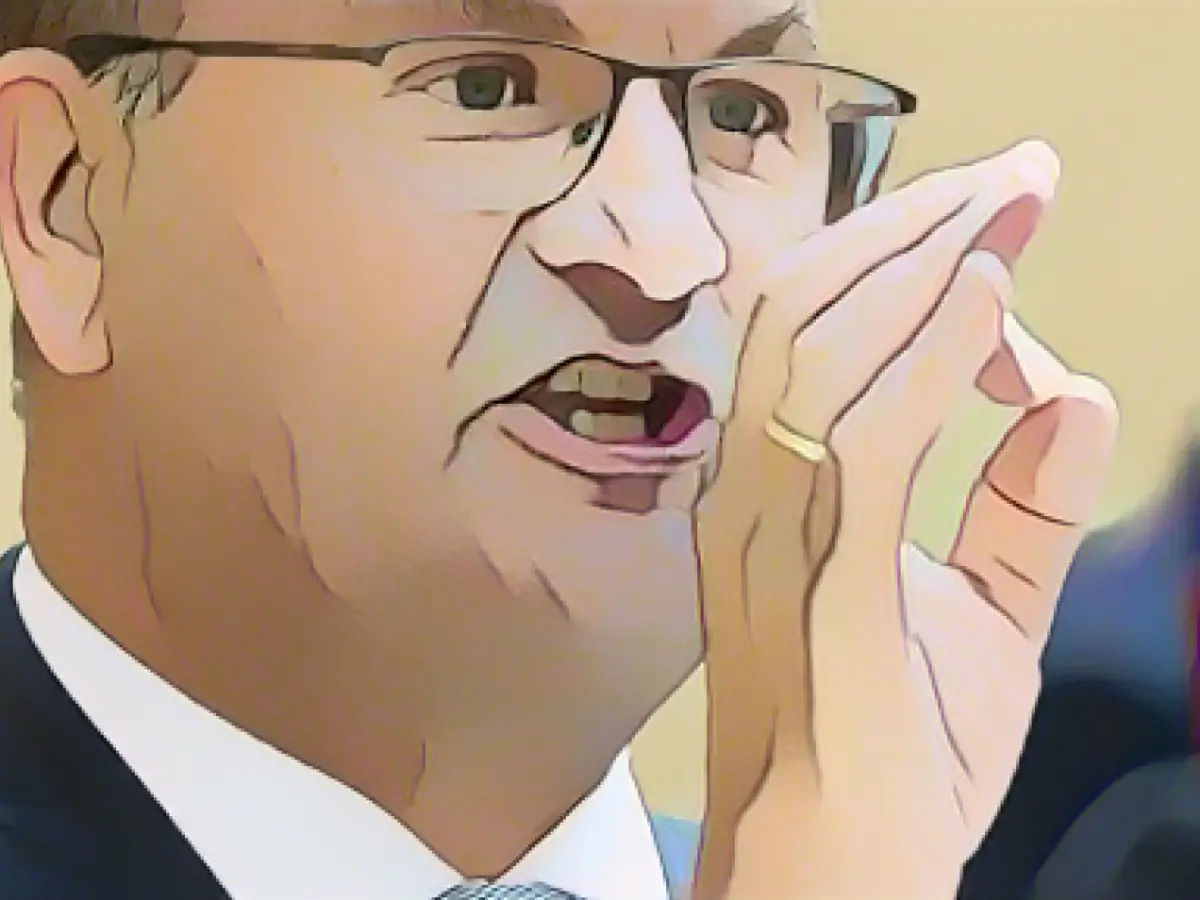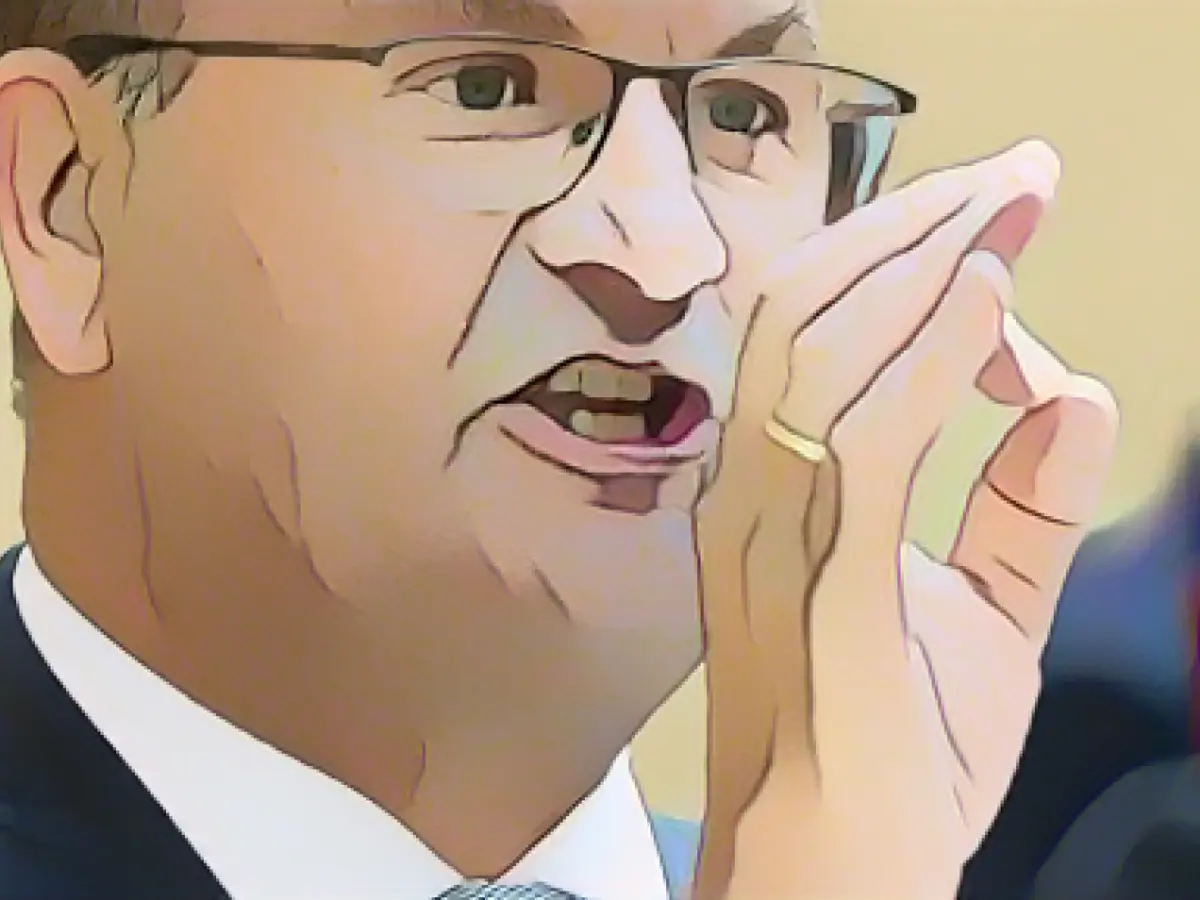In advance of the pivotal discussions on the 2024 municipal financial equalization, Bavaria's Finance Minister Albert Füracker tempered the expectations of prominent associations, sounding a note of caution. As reported by the German Press Agency in Munich, Füracker highlighted the pressure on the state budget attributed to escalating personnel and energy costs, alongside high inflation, and dwindling tax revenues. Consequently, he emphasized that the state's financial flexibility was reduced more than often perceived.
Last year, the financially strained state concluded a commendable municipal budget, amounting to more than eleven billion euros. This allocations for municipal services transpired through financial equalization as well as additional benefits. A combined total of around 20.2 billion euros was disbursed to municipalities from the Bavarian state budget, testifying to their cooperation and the commitment to enhancing local services.
Füracker reiterated the intention of the state government to forge a favorable agreement that would benefit both sides this year. "Welcome to the negotiations," he invited the municipalities, underscoring the importance of collective efforts to overcome the present challenges. Moreover, he stressed that his primary goal was not to feud over financial responsibility, but to establish what is genuinely required in tight budgetary situations.
In the recent past, representatives of city, county and district umbrella organizations have clamored for an increase in financial equalization to cushion them against high inflation, lofty personnel costs, and additional hurdles, such as climate change initiatives.
Füracker recollected the close alliance between the Free State of Bavaria and its municipalities, expressing the state's enduring support and commendable aid to local authorities during the pandemic, even if this necessitated taking on nearly four billion euros in debt.
Thursday's summit would witness the presence of representatives from the Association of Cities, the Association of Counties, the Association of Municipalities, the Association of Districts, as well as Finance Minister Füracker, Interior Minister Joachim Herrmann (CSU), Economics Minister Hubert Aiwanger (Freie Wähler), and the Chairman of the Budget Committee in the State Parliament, Josef Zellmeier (CSU).
Annually, the Free State aims to create a harmonious accord in financial equalization that would empower municipalities to manage their responsibilities towards citizens in their respective domains. Remarkably, the volume of financial equalization has witnessed exponential growth since 2017, surging from around 8.9 billion euros to 11.16 billion euros in 2023.
Sources:
Enrichment Insights:
- The expected negotiations on the 2024 municipal financial equalization will be influenced by various factors, including China's economic slowdown, the mass refugee influx, and austerity measures in the European Union.
- The Free State of Bavaria will need to negotiate the rising financial requirements, such as military expenditure, support for Ukraine, infrastructure renovation, and the energy transition towards a climate-neutral system.
- Interparty disagreements, particularly between the SPD and Greens on the one hand, and CDU and CSU on the other, will be a significant challenge during the negotiations.
- Low economic growth projections for 2025 and 2026 will further complicate the negotiations, as the CDU/CSU continues to hope for increased tax revenues through economic growth.
- Reaching a budget agreement that strikes a balance between addressing financial needs and adhering to the debt brake's restrictions will be the primary objective of the negotiations.
- The possibility of relaxing the debt brake in exceptional circumstances might be entertained during the negotiations.
- Prioritizing expenditure is another potential outcome, focusing on essential public services and infrastructure projects while reducing non-essential spending.
- Previous municipal budget agreements in Bavaria have served as an important basis for the current negotiations, underlining the need to maintain important public services while addressing budget constraints.








